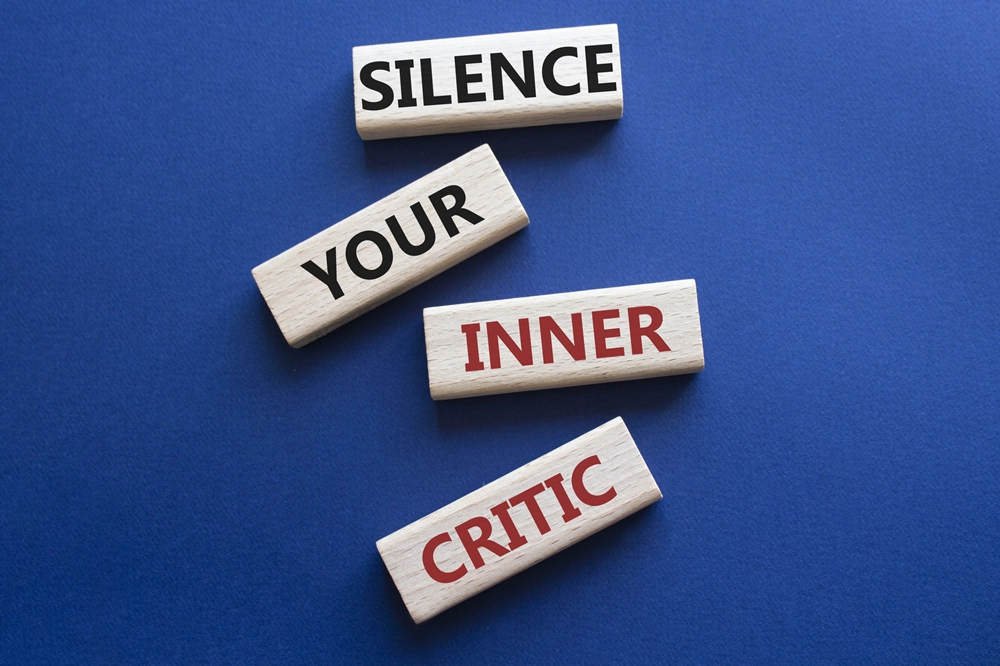Regardless of where it came from and the specifics that contributed to shaping it, we pretty much all have an inner critic – usually one who’s much harsher towards ourselves than we would be towards others.
Gaining insight into the “history” of our own unique critic and how it came about can be crucial in building understanding and compassion for ourselves, but even the best understanding of the past can sometimes leave us wondering what to actually do in the present to foster a kinder relationship with ourselves.
Whether you’re working with a therapist already or exploring on your own, asking yourself the following questions can help bring awareness to how your critic shows up for you in the present, pinpoint when that voice is at its strongest, and identify some other options for how to respond to yourself. Try journaling (writing is thinking!) or talking to a trusted ally about these and see what comes up.
- What do you see as your worst flaws/inadequacies?
- How do you tend to be towards yourself around those perceived flaws/inadequacies? Are you compassionate, accepting, curious? Harsh, critical, judgmental?
- If your friend is having a hard time, how do you tend to be toward them? Do you treat yourself the same way when you’re having a hard time?
- If not, (and this is my favorite question): What stands between you and being a friend to yourself? What do you worry might happen if you start being more compassionate with yourself?
This last one can be a big deal. Our inner critic didn’t develop without a reason: it often thinks it’s protecting or fueling us in some way. In a sense, it’s actually trying to care for us in the only way it knows how: by criticizing and demanding perfection, so we can avoid the pain and stress of not being perfect. The obvious flaw in that logic, however, is all the pain and stress that the critic itself ends up causing us. We can try to have compassion for our inner critic, as it does it’s best to try to help us – but we can also work to show that voice (and ourselves) that there are other, more compassionate and more productive ways to protect and care for ourselves.



